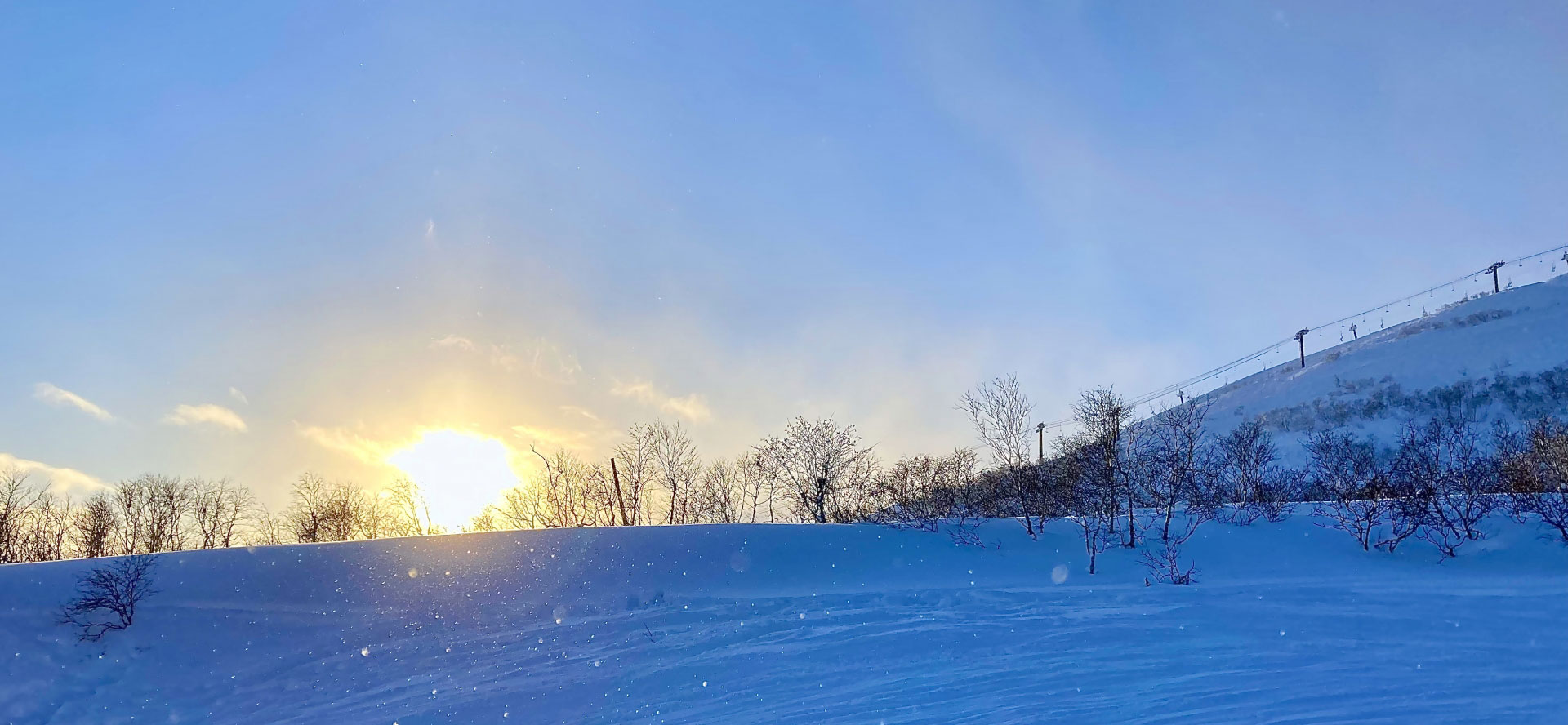I’m Takashi Akeyama, a representative of the Niseko VISA & Immigration Support Centre. As the only administrative office in Hokkaido specializing in VISA & Immigration and tourism, we help foreigners living in Hokkaido, mainly in Niseko, Otaru and Sapporo areas, to apply new or extend VISA, to change the status, such as working visas and spouse visas etc.. In this article, I will explain who can obtain a visa to work as a ski instructor?
- Visa required to work as a ski instructor
- Who can obtain a ski instructor visa?
- Persons who hold one of the following qualifications recognized by the Society of Professional Ski Teachers of Japan (SIA).
- Persons who prove that they have qualifications in skiing instruction that are recognised by the Society of Professional Ski Teachers of Japan (SIA) as equivalent or superior to those listed in (1) above.
- Job description after entering Japan must be to teach skiing.
- Summary
Visa required to work as a ski instructor
In order for a foreigner to work as a ski instructor in Japan, a ‘Designated Activities No. 50’ ski instructor visa is required. Previously, they used to obtain a ‘Skills’ visa No. 8, a visa for ‘teaching sports’, but since a new ‘Designated Activities visa for ski instructors was established in September 2020 and the requirements regarding the applicant have been significantly relaxed, many people now apply for a ‘Designated Activities No. 50 visa.
Who can obtain a ski instructor visa?
The 29 types of visa (status of residence) that currently exist in Japan have a set of criteria to be met, i.e. the criteria that the person applying for the visa must meet. The criteria are also defined for the Designated Activity No. 50 visa, and we will now check these points.
Persons who hold one of the following qualifications recognized by the Society of Professional Ski Teachers of Japan (SIA).
Alpine Ski Stage I / Alpine Ski Stage II / Alpine Ski Stage III / Alpine Ski Stage IV
Persons who prove that they have qualifications in skiing instruction that are recognised by the Society of Professional Ski Teachers of Japan (SIA) as equivalent or superior to those listed in (1) above.
This applies to the qualifications of certified ski and snow sports association instructors and instructors in each of the nine countries such as “Argentina”, “Australia”, “Canada”, “Germany”, “United Kingdom”, “Italy”, “New Zealand”, “South Korea” and “Japan”. In Japan, for example, the qualifications of ‘Certified Ski Instructor’ or ‘Certified Ski Associate Instructor’ of the All Japan Ski Federation are applicable. Although there are differences in the level of qualifications granted to instructors in each country, I think we can get a rough idea of the level of instruction that is required.
The only key requirement point for applicants for the Designated Activity 50 visa is that they must be qualified as a designated ski instructor. Unlike other work-based visas, there is no question of educational background, major at an educational institution, work experience in the same occupation, or any awards or prizes received. For this reason, the most important document an applicant must provide when applying for this visa is the ‘proof of qualification’.
Job description after entering Japan must be to teach skiing.
As the name suggests, this visa is limited to the job description “ski instructor”. Therefore, if your duties after entering Japan are not ski instruction, your application will be rejected. This will depend on how you can prove the credibility of the job description of the foreigner you are employing. Of course, one of the required documents is a ‘document clarifying the applicant’s activities’. Specifically, ‘a copy of the employment contract’ and ‘a copy of the document specifying the working conditions’ are specified. The employment contract and other documents exchanged with the prospective foreigner must clearly state that the duties of the applicant are “teaching skiing”. And not only that, but also information to prove that you really teach skiing, for example, the number of students at the ski school per year, teaching hours and locations, lesson fees, etc., to prove that the employing company is really running a ski school. In particular, as foreign ski instructors often give lessons mainly in foreign languages such as English or Chinese, stating the number of foreign students/students who are required to take lessons in foreign languages is important information to prove the necessity of employment. At ski resorts in Hokkaido such as Niseko, Rusutsu and Furano, where many inbound tourists have been visiting in recent years, instructors who can teach in English are more popular and in demand than instructors who teach only in Japanese. For ski schools and instructor dispatch agencies operating in such areas, the authenticity of the job description and the necessity of employing foreign instructors are likely to be easy to prove.
Summary
In this article, I have explained who can obtain a ski instructor visa? The most important point required of an applicant is whether they have obtained the specified qualifications? As this qualification is issued by a quasi-public organisation such as a ski federation in each country, its credibility itself is guaranteed to a certain extent, and even if the applicant lose the qualification certificate, it should be relatively easy to re-issue it. Compared with the previous application under Skills No.8, the requirements for application have been considerably eased and the difficulty of obtaining the certificate has decreased, as the number of years of practical experience in teaching Ski is no longer required. However, for snowboarding instructors, which is a similar winter sport, this Designated activity No. 50 does not apply, and the ‘Skill No.8’ must be obtained as before.
The Niseko VISA & Immigration Support Centre help and support foreign nationals who are trying to overcome language, cultural and custom barriers and live as a member of Japanese society. If you have any questions or enquiries about this article, or about the ski instructor visa, please feel free to contact us by phone or via the ‘Free Consultation Form‘ on our website.




